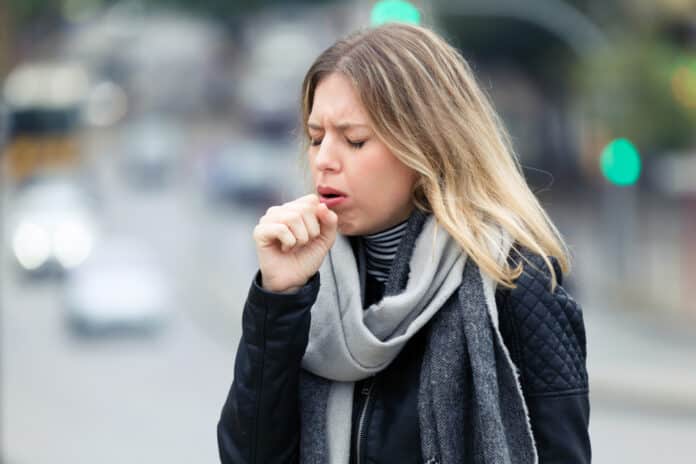
Coughing is a normal condition that occurs when something affects your throat, and you try to clear it. Unfortunately, constant coughing can make the cells of the upper airways swell up and cause some discomfort. Usually, coughs disappear on their own when the root cause leaves. But in case it doesn’t, here are seven ways to calm your cough.
Use an Expectorant
Try to find an expectorant if the mucus is thick and difficult to cough out. This will help you get rid of the muck by loosening it. A decongestant, such as Sudafed (pseudoephedrine), may be helpful if you have a postnasal drip with thick, sticky mucus. You should see a doctor if you have a persistent cough, especially if you also have a fever or difficulty breathing.
Don’t Use Cough Medications for Children
Avoid giving cough syrup and medication to children younger than 4 years old at all costs. Before you give any of these to a child aged 4 to 6, it’s important to consult with their pediatrician. After the age of six, they’re out of harm’s way. Honey, in doses of 1/2 to 1 teaspoon, can help soothe a cough in children aged 1 and up.
Use Suppressants for Dry Coughs
A dry cough might occur when you have the flu or a cold or if you inhale something unpleasant like smoke or dust. A cough suppressant is a medication that reduces or eliminates the need to cough. In addition, it can help you get a more restful night’s sleep.
Antibiotics Don’t Work Well for Coughs
Generally speaking, antibiotics don’t work well for coughs. Since viruses like the common cold and influenza typically induce coughs, most people feel better after a week. Bacterial infections are the only ones that can be treated with antibiotics. It’s important to consult a doctor if your cough persists for more than a week to rule out bacterial illnesses like pneumonia or a sinus infection. If so, you might benefit from taking antibiotics.
Treat Allergies and Asthma Differently
It’s possible to have both sneezing and coughing as a result of an allergy. To alleviate symptoms, an antihistamine medication is your best option. You can find some at the medicine store that are more recent that won’t make you sleepy. Asthma may be the cause of your wheeze, a breathing sound. So see a doctor immediately.
Get a Checkup Regularly if You Smoke
There is a high probability of coughing after smoking, particularly first thing in the morning. However, this could be an indicator of a more serious issue. For instance, bronchitis is an infection of the airways brought on by chronic irritation from smoking. Furthermore, it may serve as an early indicator of malignancy. If you develop a new cough and it persists for more than a month, or if you cough up blood, you should see a doctor.
Take a Warm Beverage
When your throat is raw and irritated from coughing, warm drinks like lemon water and tea can help. Warm liquids help to loosen mucus, which makes it easier to cough it out. You can also create a natural remedy for suppressing cough by adding some honey.



















